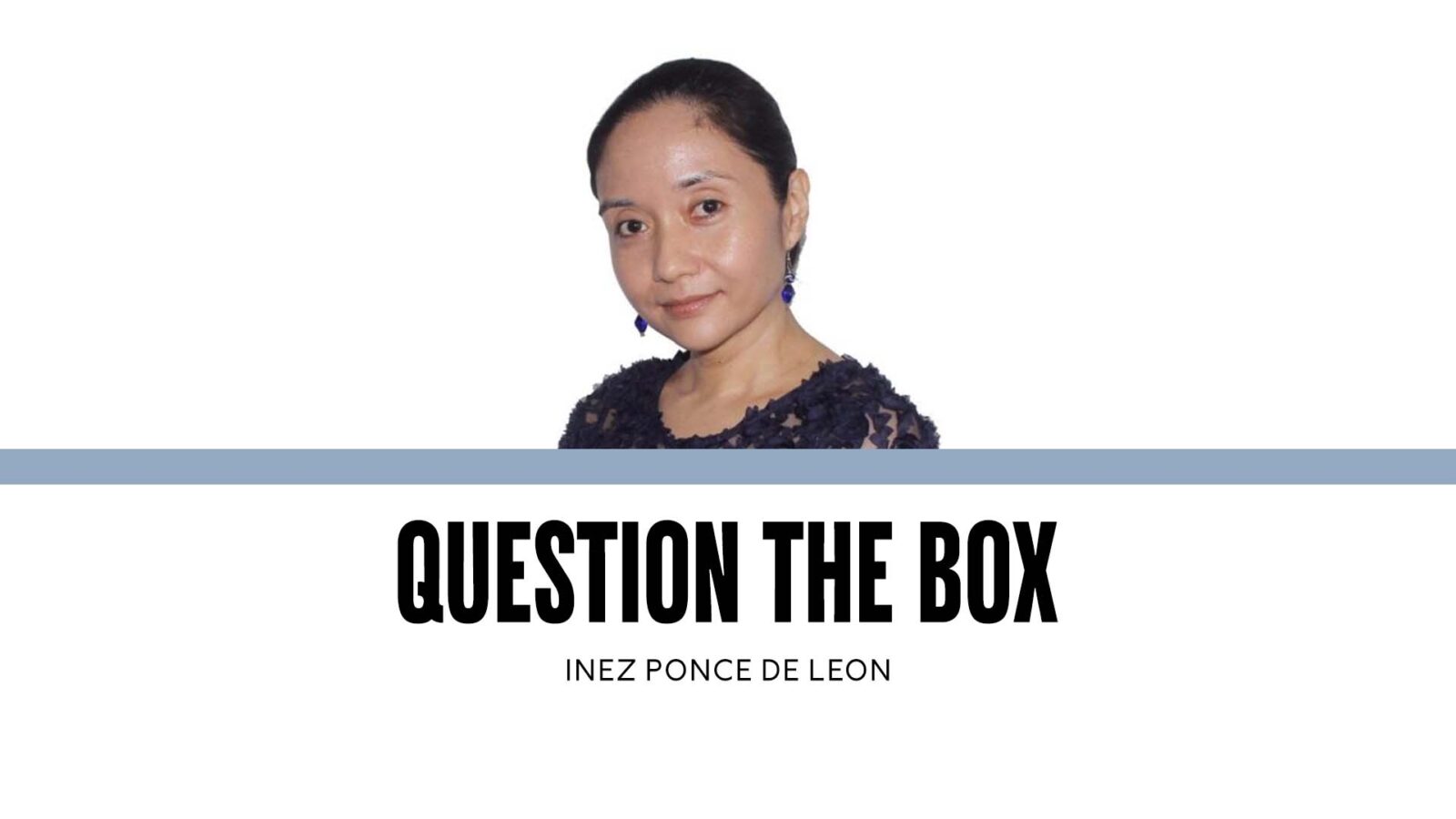Learning languages, seeing realities

I attended the 2025 Speak Dating last weekend, an event celebrating European languages. It came in the form of a fair featuring 18 booths, where you could explore different languages, whether you wanted to learn basic phrases or converse with native speakers.
I thought it would be sparsely attended, and only by language nerds finally finding each other after years of isolated practice. Instead, I was treated to the most heartwarming sight.
Crowds of high school students lining up to go for quick Slovenian and Hungarian lessons, with neither shyness nor timidity; herds of college students speaking in halting French or Spanish after their semester of studying the language; adults gathering in newly formed circles of friends, bonding over the challenges that come with learning a new language as a professional.
The lines were long, but the wait was worth it. At the Ukrainian booth, the instructor called me “my best speaker of the day” after he drilled me on words and sentences in Cyrillic script. I confessed that I had studied the language on the Duolingo app because I wanted to support Ukraine.
This prompted our little group to chorus “Slava Ukraini!” which made him beam with both pride and surprise.
At the Italian booth, I went straight into fangirl mode and had a conversation on travels to Italy, green spaces, and museums with a lovely Italian woman who had lived in the Philippines for decades. At the French booth, we had mere minutes before the event ended, so we breezed through basic greetings while we laughed with the teachers.
The venue had been too cramped, the waits were long, and yet it was an event that made everyone want more. For my part, I wanted to practice my German, try simple phrases in a Nordic language, and twist my brain around Irish. But there were just too many people, too many eager, excited students.
What a nice problem to have.
Anecdotal evidence and intuition say that Filipinos are natural language learners: they grow up bi or trilingual, as they have to learn English, Filipino, and even their provincial language. Learning a language is not simply a skill; it is a gateway to a culture, and achieving fluency in a language means seeing the world from a new pair of eyes.
I bring this up in my research classes when we discuss the constructivist paradigm. There are branches of constructivist thought that contradict the idea of an objective reality: that is, they contest the notion that we can all see reality without fail, and that sharing across cultures simply means translating information into local languages.
There is a brand of constructivism, however, that says that our reality is dictated by the language in which we were raised. If we have no word for an emotion, situation, or thing in our language, then we will never feel, experience, or see it, even when the word is translated. It will never be real to us.
For example, the concept of kilig, which has no exact equivalent in other languages, is real only to those who have been raised speaking Filipino. Try to explain the concept to another culture, and they might understand the concept as butterflies in one’s stomach, or uncontrollable giggles—but they will never truly imbibe the experience in its entirety.
The opportunity to learn a language, therefore, is one that has to be taken when presented. It is a chance to partly unlock realities to which we might be blind. Like travel, it is a chance to see the world so that one knows both the strengths and shortcomings of one’s native culture.
Last weekend’s fair was one such opportunity that would have benefited so many students had it been held in a wider space outside the mall, a place that reflects privileged learning rather than education for all.
Several days of the event, perhaps, in different universities? A park tour? A round of elementary or high schools to get students to say bonjour, buongiorno, buenos dias, or bom dia? Such an event could be carried out more frequently if the government is truly devoted to education that broadens people’s horizons rather than turning them into mere obedient sheep. Such an event could be mounted in more places if we had good infrastructure that ensures that learning can happen both inside and outside the classroom.
This includes constructing parks conducive to out-of-school activities, regardless of weather; streets that don’t flood and descend into traffic chaos at the slightest rain; fast, reliable internet that can support language learning anywhere, regardless of sunshine or thunderstorms. Corruption stifles learning, discourages mobility, and halts activities that would otherwise benefit us all.
Weeding out corruption isn’t just a money issue. It ensures that we invest in a future that allows us to keep learning, to keep questioning, to make the next generation better than we ever were.
If your government is holding you back from this kind of future, then it’s afraid of the best version of you. It’s afraid of the strength of the generation to come.


















